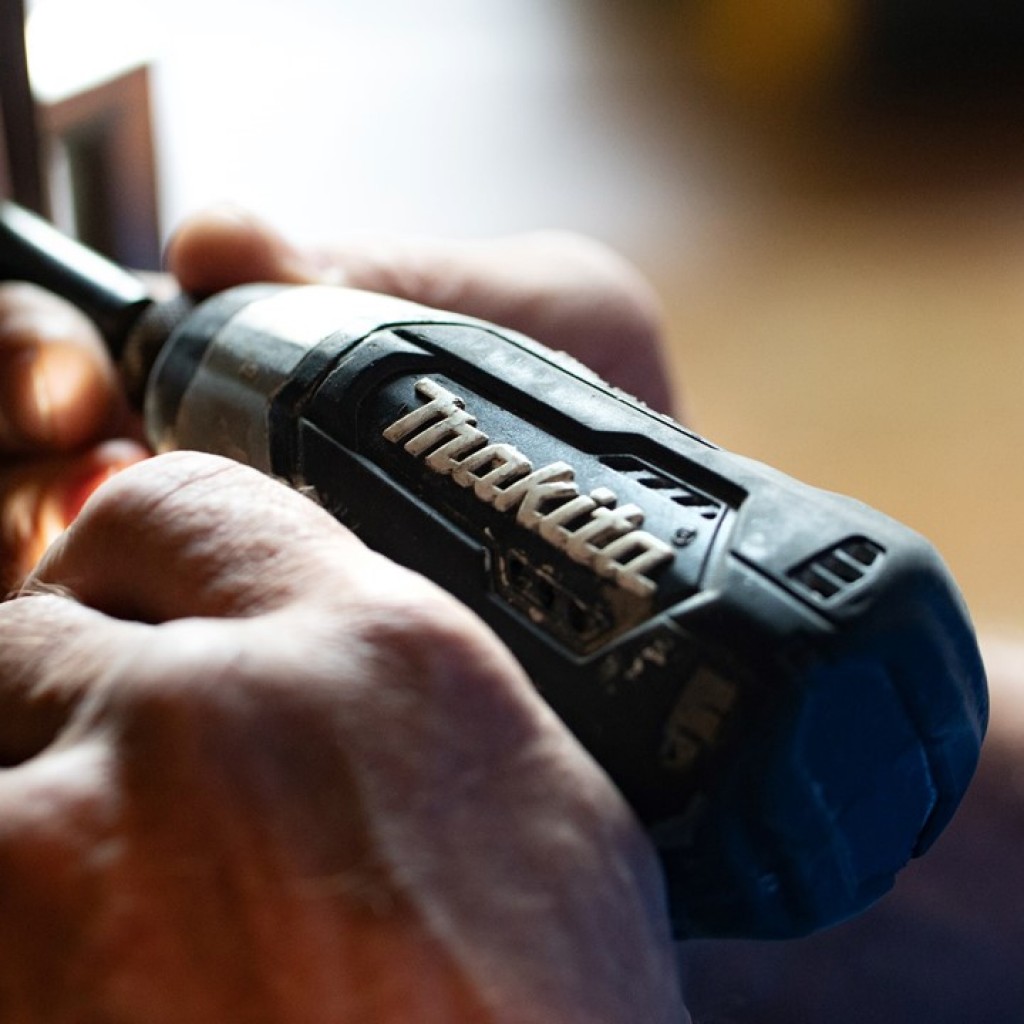Manufacturers will now have to make spare parts available for white goods and appliances including washing machines, dishwashers, refrigerators and TVs for the first time, with a view to making them easier to repair and cheaper to run.
In March, the EU introduced measures to promote the repairability of products, and as was agreed before leaving the EU, the UK Government has now introduced matching standards.
What is the right to repair law?
Manufacturers are now legally required to make spare parts available to people buying electrical appliances. With the aim of helping extend the lifespan of products by up to 10 years as well as benefitting the environment.
Spare parts will be categorised as either for ‘safe and simple’ repairs which will be made available directly to consumers for them to DIY fix, or more difficult repair parts being only available to professional repairers.
However, this isn't a law about who is responsible for the repair, or a legal right to repair. Separate consumer laws have been in place for some time which protect the rights of the consumer in the event of faulty goods. Although, if the goods are not faulty, the new right to repair law at least gives access to replacements parts.
What appliances are covered?
For a list of all the appliances, white goods and electrics that spare parts are now available for under the new right to repair law, please visit Which?
Future developments
While the right to repair law should help consumers keep their appliances running longer, some fear the new rules could make white goods more expensive.
The list of appliances covered is also not expansive, and there is a concern about how much these spare parts will cost.
Find out more
If you would like advice about how these new rules affect your business, please contact our expert lawyers.




